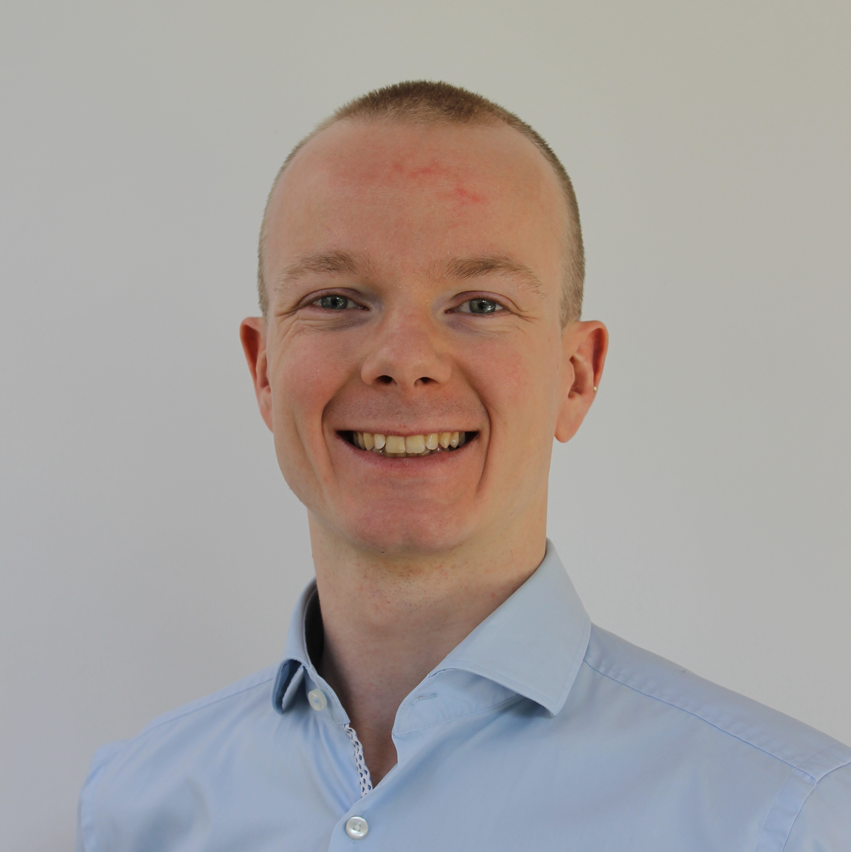Meet the new team member: Edward Stevinson

Edward Stevinson joined our group this October as a PhD student. We caught up with him to find out about his previous research and what he does in his spare time.
So Edward, tell us a bit about where you’re from!
I’m a Londoner born and bred so I must admit I haven’t gone far - but I’ve tried to visit as many places as possible along the way!
What’s your academic background?
I completed an MEng from the University of Oxford in Engineering, Economics, and Management and an MSc from the University of Edinburgh in Artificial Intelligence. I always sought to explore as many fields in AI as possible with my choices of modules, from algorithmic game theory in the economics department to computational theory of mind in the philosophy department. My research thesis was in multi-agent learning and opponent modelling and involved scaling up a novel multi-agent game theoretic model. It facilitated agents to achieve flexibility in multi-agent systems (read board games) in which they have no mechanism for prior coordination. By using predefined types to characterise the behaviour of other agents and assuming the types are governed by an unknown distribution that dynamically changes over time, it formed beliefs over the types that were used to calculate upcoming actions.
It’s been a while since you were in academia, what have you been up to?
I’ve been working in industry for six years as a software engineer and research scientist for a range of companies including IBM, Eigen Technologies, and Iris.ai, predominantly working in natural language processing. Along the way I also co-founded a company which, most importantly, allowed me to work remotely from Barbados during a couple of the lockdowns.
What brought you to SAIL (formerly VAS) and Imperial-X?
Over the past decade the capabilities of neural networks have blossomed and their use has become ubiquitous in a number of areas. However, improvements in verification and repair are still required to realise their use in safety-critical applications. For me, formally guaranteeing the behaviour of such systems is a promising way in which we can introduce safety by design - i.e. creating models that explicitly follow our ethical and safety requirements. I strongly agree with Imperial-X’s vision to build new models of co-creation in the digital space and facilitate collaboration between academia and industry and hopefully in this manner lots of interesting projects will arise from the initiative. Hopefully in a couple of months I can come back to you with a more concrete answer as to my research direction!
If we can’t find you in the office where will you be?
Looking for waves! I started surfing a few years ago and have been hooked ever since. Whether driving down to Cornwall or going further afield, for me there’s nothing more meditative than being on the board. I’ve just started shaping my first board which should keep me busy for the foreseeable future.